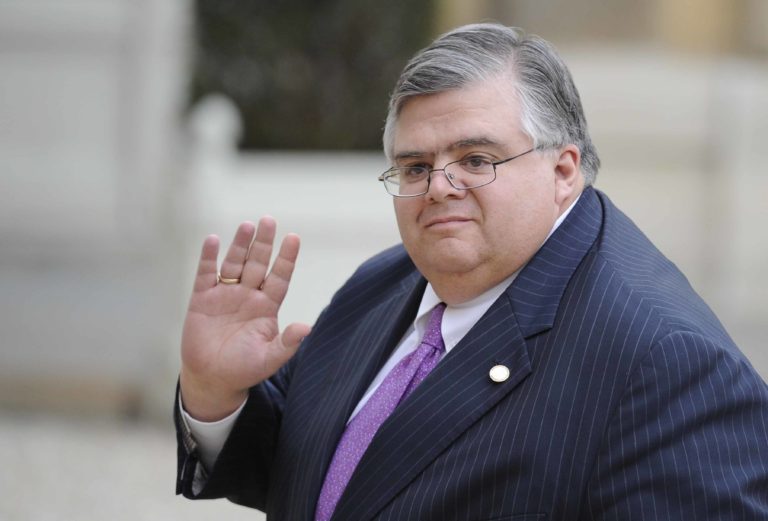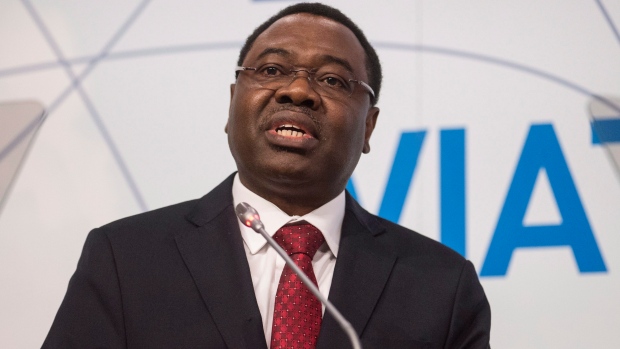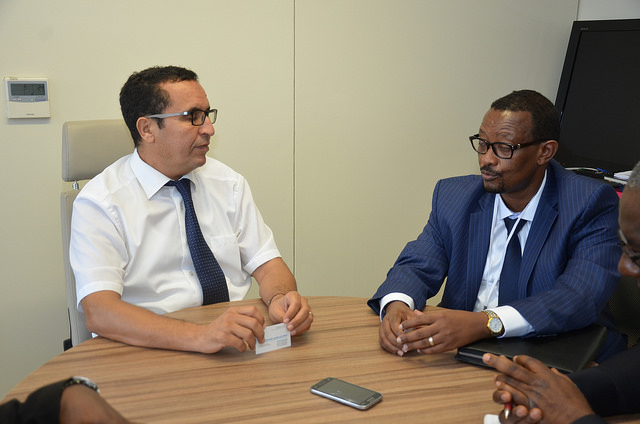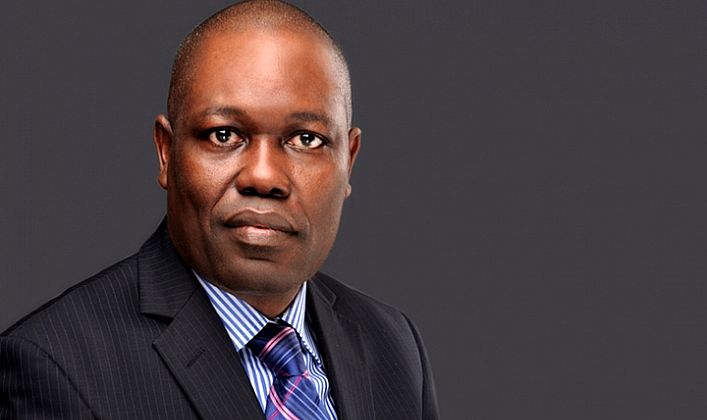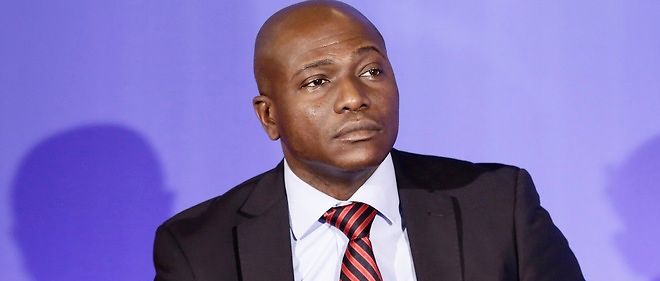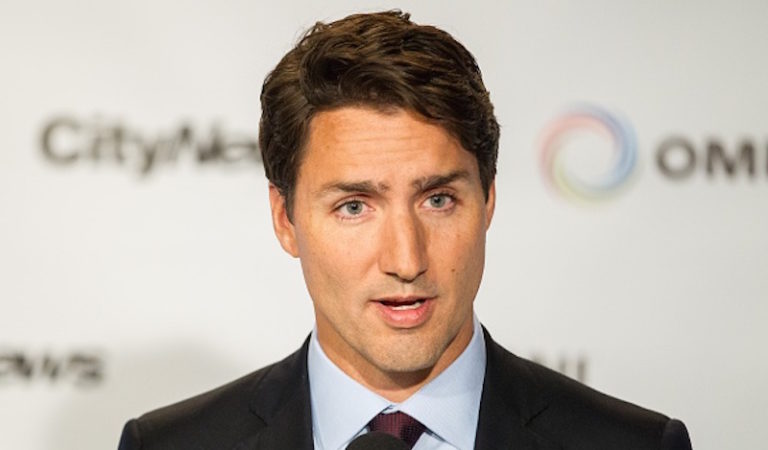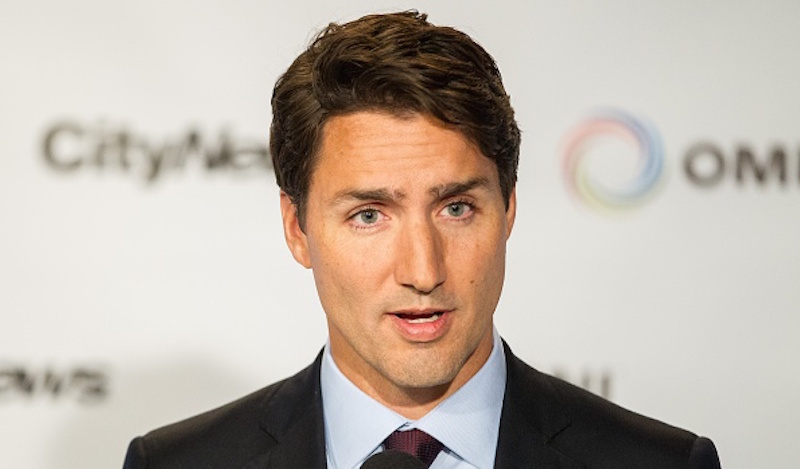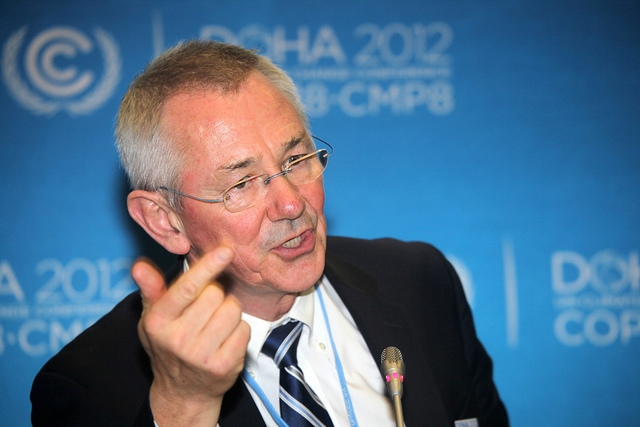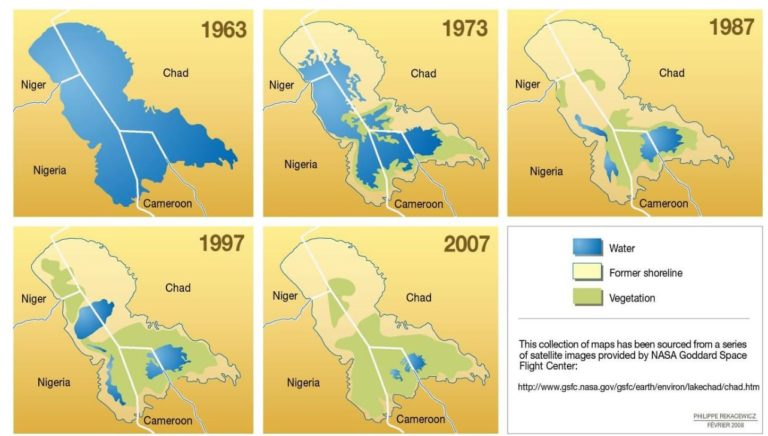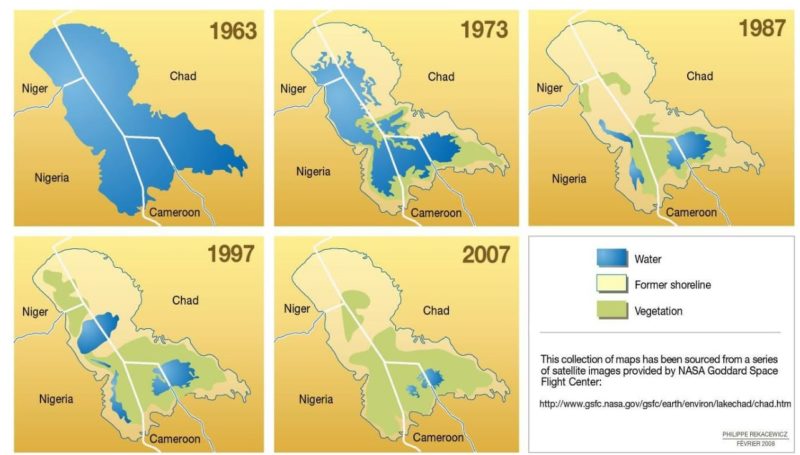Agustín Carstens, Governor of the Bank of Mexico, and Patricia Espinosa, Executive Secretary of the United Nations Framework Convention on Climate Change (UNFCCC), in this treatise, explore the financial implications of the coming into force of the Paris Agreement, as finance ministers and central bankers converge on Washington, DC for the IMF and World Bank Group Annual Meetings
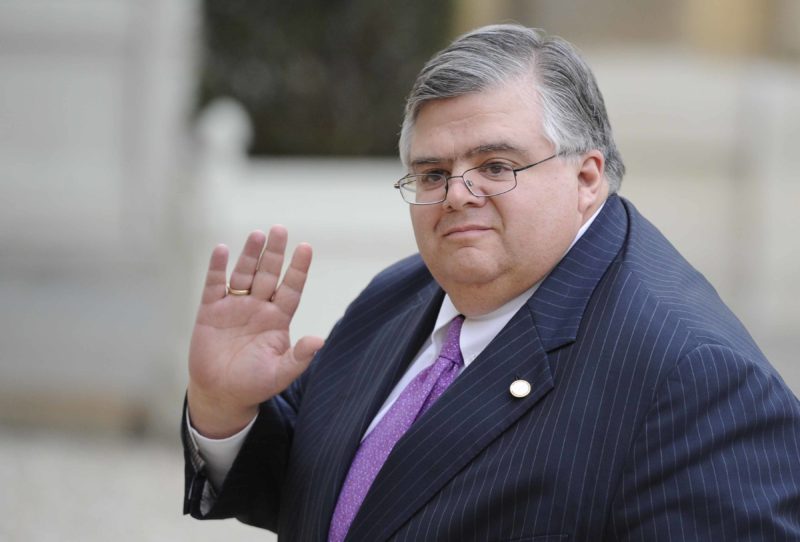
At the recent United Nations General Assembly in New York, Secretary-General Ban Ki-moon predicted the Paris Climate Change Agreement would enter into force before 2017, announcing 60 countries had now ratified its terms. This week (October 7-9), the International Monetary Fund and World Bank welcome an influx of finance ministers and central bankers, to its annual meetings in Washington, DC.
At first glance, these two events might appear totally unrelated. The imminent ratification of the Paris Agreement – a global deal to keep global temperature rise below 2°C – is a huge achievement and a real triumph for multilateralism. It also focuses the mind on the next step: how the Agreement will be implemented across the world?
Here, we get our first inkling as to why the finance ministers, central bankers and regulators meeting in Washington DC are so relevant to our story. Right now, progress is being made towards mobilising $100 billion in annual financing flows from rich countries to developing economies by 2020. Practical implementation is also taking place on the ground. Funding from the Green Climate Fund (GCF) is helping to build resilience into coastal and urban infrastructure projects in Bangladesh, while in Tanzania over 100,000 homes now have electricity through Off-Grid Electric, a clean energy company backed by debt financing from the Million Solar Homes Fund.
Yet overall, the cost of making the transition to a low-carbon future is measured in trillions. This quickly takes us far beyond the realm of public funds since no government – no matter how rich – can finance climate action through taxation and borrowing alone. One estimate suggests that around $90 trillion will need to be invested by 2030 in infrastructure, agriculture and energy systems, to accomplish the Paris Agreement.
This won’t happen without private capital and underlines why aligning the world’s financial system with the needs of climate action and sustainable development is every bit as important as emission reduction pathways and removing fossil fuel subsidies. Moreover, set against the $300 trillion of assets – held by banks, the capital markets and institutional investors – we’re faced with a problem of allocation rather than outright scarcity.
In fact, finance ministers and central bank governors are already deeply engaged. Those from G20 nations recently agreed a set of options to improve the ability of the global financial system to deliver green investment. One promising area is the rise of the green bond market where companies and municipalities can raise capital that is ring-fenced for priorities such as renewable energy, building efficiency and water management.
So far this year, the combined value of green bonds has grown to over $45 billion, a fourfold increase from 2013. By way of example, Mexico’s development bank, Nacional Financiera S.N.C (Nafin), issued its first $500 million green bond in November last year to finance wind energy in Oaxaca, Nuevo Leon and Baja California.
However, the world’s capital markets still do not fully incorporate climate factors when pricing assets and evaluating risk. In response, the Financial Stability Board setup a task force on climate disclosure headed by former New York mayor, Michael Bloomberg. Only with better and consistent reporting will banks, pension funds – and individual investors – be able to understand how the transition to a low-carbon economy will impact investments.
In all, the total number of policy and regulatory measures to build a more sustainable financial system has more than doubled in the past five years. This is a key finding of a new report published by UN Environment Programme (UNEP) (www.unepinquiry.org). It cites that measures taken by finance ministries, central banks and regulators to promote sustainable finance have risen to 217 and now exist in nearly 60 countries. These range from actions to steer finance towards clean energy through assessments of climate risk for insurance companies and on to roadmaps that set out how to green an entire financial system as China has just done.
These are all promising signs of positive momentum but the world’s financial architecture is still ill-equipped to deliver the necessary transformation. The national climate plans (INDCs) submitted by governments represent a real improvement on business-as-usual but do not yet provide the signals needed to steer capital towards global climate action. So while it is true investors are starting to measure the carbon footprint of portfolios and increase exposure to green assets, only a tiny minority has introduced comprehensive climate strategies.
The financial system clearly needs to evolve further to price environmental risks, overcome short-termism and deliver greater transparency on climate performance. Making this happen, and happen with a sense of urgency, will require different players to put in place mutually reinforcing financial policies and regulations that support the Paris Agreement. If we can get it right, private capital will respond and the trillions needed for transformation across countries will flow.

